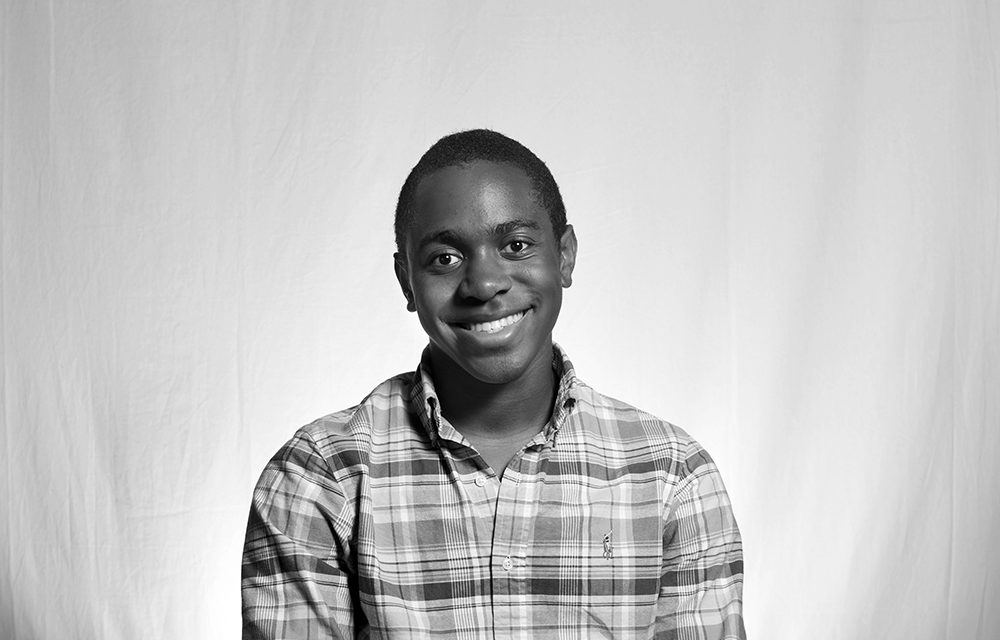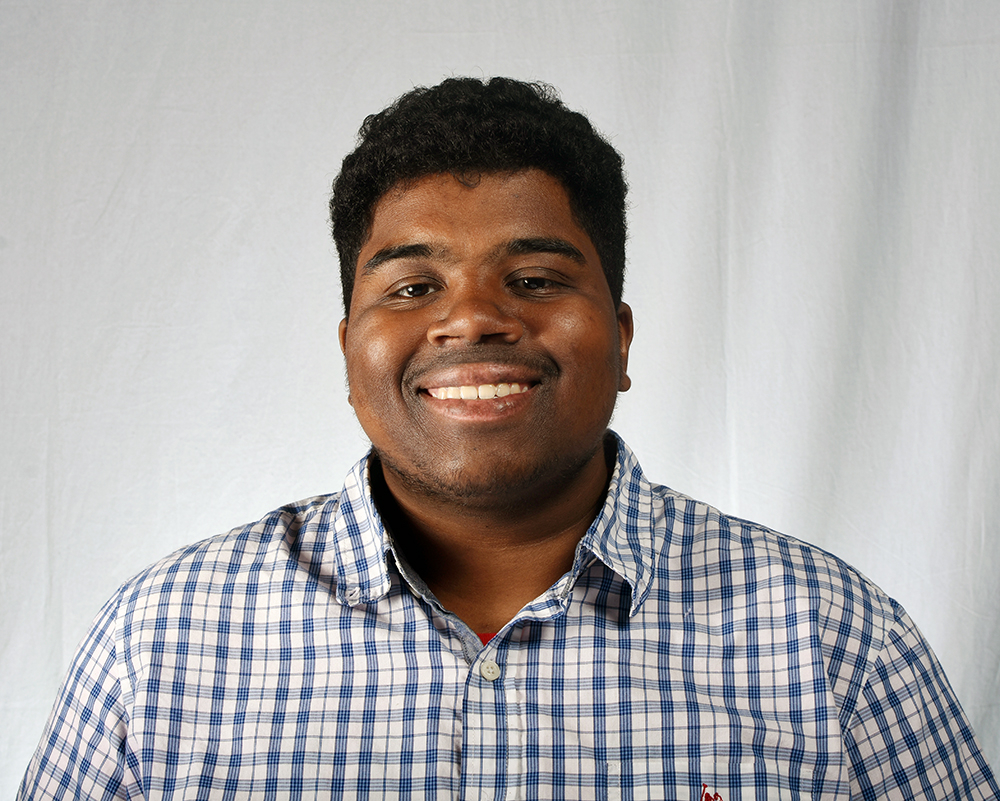Kevin Moye | Staff Writer
In today’s America of police brutality and mass incarceration, we are prompted to ask ourselves, “Just how much does society think black lives matter?” It’s a question no person should ever have to ask, yet time and time again, we as black people must do so. This question has reared its ugly head once again, but for many of us, this time the incident that stirred the question happened closer than ever: only 25 miles away in Durham.
On September 17th, a student of North Carolina Central University (NCCU), DeAndre Marquise Ballard, was shot and killed by a security guard of the NC Detective Agency. As of October 11th, minimal details about the shooting have been released.
That is to say, it’s been around 3 weeks since Ballard was killed and we still have no idea who the security officer involved in the incident is or a reason why the officer resorted to shooting Ballard.
The most information we have regarding the incident are two 9-1-1 dispatch calls that were released to the public on October 5th. In one of the calls, a person alleged to be the shooter gave his account of what happened with Ballard. He says that Ballard attempted to “jump” in his car after failing to break into a parked car. If the officer is to be believed, then this appears to be another case of excessive violence used to subdue a black man; however, we still have no idea if these details are truly accurate.
The NCCU student body has rightfully expressed their outrage towards the situation, demanding that details be released. Their anguish and despair, however, appears to be falling on deaf ears. Students have orchestrated protests and walk-outs to pressure the university or Durham Police Department into investigating the situation, but no additional information outside of the dispatch calls has been granted to the public.
While there can’t be a clear-cut answer, it’s worthwhile to pose the question, “Would this be different if this was an NC State student?” Perhaps not. It’s very possible that the defining reason for the mistreatment of this murder case is the blackness of the victim. It could be that regardless of the institution he attended, an officer would’ve still perceived him as a threat based on the color of his skin. And in the proceeding weeks of the event, the same silence still would’ve enveloped this case.
The tragedy forces us once again to contemplate if black lives matter to officers as much as they should. The way in which this case is being conducted clearly shows that they don’t. The fact that it took 3 weeks just for us to receive the dispatch calls is already shameful, but even what’s more shameful is that we still don’t have the name of the officer that killed Ballard. In nearly every instance of officers shooting unarmed victims, the least we’re given is the name of the office. The NC Detective Agency has chosen to shroud the situation with anonymity.
The dubious treatment of this case matches the already suspect history of the North Carolina Detective Agency. In 2010, the CEO of the NC Detective Agency, Roger Ladd, was reprimanded for falsifying information on guard training certificates. The following year, an employee of the agency was also found to have provided false information for either a license registration or license renewal. And again in 2012, Ladd was found to have improperly registered armed guards. With a history as shaky as this, are we really expected to take the word of the NC Detective Agency?
Some may say that Ballard’s blackness is an irrelevant aspect in this situation because the officer who shot him is reportedly a black man. This is simply a reductionist view of the larger problem of police brutality. Because we live in a society that criminalizes the image of black men, it’s much easier for police to justify their shootings of unarmed black men.
From the accounts of his friends and family, Ballard was as far from being a criminal as one can get. Ballard has been described as a “happy-go-lucky” type of man who was “always upbeat.” Regardless of whether he did or didn’t fit the narrative for what he’s alleged to have done, one thing is indisputable: DeAndre Ballard didn’t deserve to be killed.





